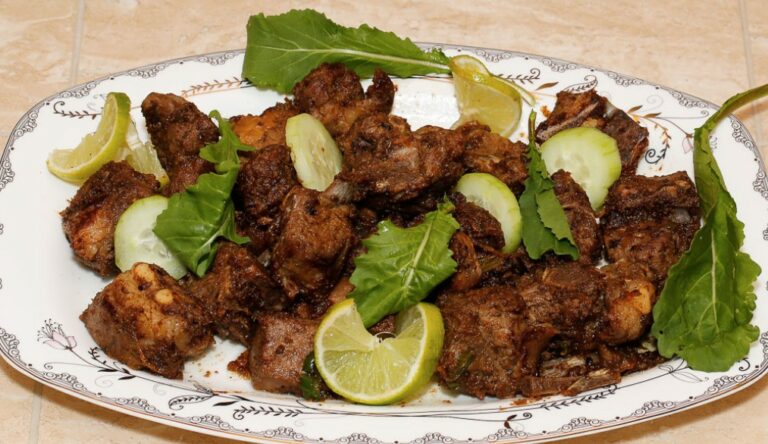Introduction: Traditional food preservation in Sudan
Sudan is a land-locked country located in Northeast Africa, bordered by Egypt to the north and Ethiopia to the east. The country has a rich culinary heritage influenced by its long history and diverse ethnic groups. Traditional Sudanese cuisine is characterized by a variety of stews, soups, and bread, often served with dishes like ful medames, a fava bean-based breakfast meal. Given Sudan’s hot and arid climate, traditional methods of food preservation are essential in preventing food spoilage and ensuring food security during times of scarcity.
Drying: The oldest and most common preservation method
Drying is the oldest and most widely used method of food preservation in Sudan. This technique involves removing moisture from food products to prevent the growth of microorganisms that can cause spoilage. In Sudan, the most commonly dried foods are meat, fish, and fruits such as dates and raisins. The traditional method of drying involves placing the food product in direct sunlight, where it is exposed to the sun’s heat for several days until it is completely dry. Another way to dry food is to use a dehydrator or oven, which speeds up the process while retaining more of the food’s flavor and nutritional content.
Salting: Preserving fish, meat, and vegetables
Salting is another traditional method of food preservation in Sudan that is commonly used to preserve fish, meat, and vegetables. The method involves adding salt to the food product, which creates an environment that is inhospitable to microorganisms. The salt draws out moisture from the food, creating a dry environment that inhibits microbial growth. In Sudan, this technique is commonly used to preserve fish and meat products, including beef, lamb, and goat. Vegetables such as olives and eggplants are also preserved using salt. Salting is often combined with drying, as the salt helps to further draw out moisture from the food product, resulting in a longer shelf life.
Fermentation: A popular method for dairy products
Fermentation is a popular method of preserving dairy products in Sudan. Milk is a staple food in Sudanese cuisine, and fermented milk products such as laban and leben are commonly consumed. These products are made by adding a starter culture of lactic acid bacteria to milk, which causes the milk to ferment and produce lactic acid. The lactic acid lowers the pH of the milk, creating an environment that is inhospitable to harmful bacteria. Fermented dairy products have a tangy flavor and are a good source of probiotics, which are beneficial for digestive health.
Smoking: Preserving meat with the help of smoke
Smoking is a traditional method of preserving meat products in Sudan. The method involves exposing meat to smoke from burning wood or other plant matter, which imparts a smoky flavor and helps to preserve the meat. The smoke contains compounds that have antimicrobial properties, which inhibit the growth of harmful bacteria. Smoking is commonly used to preserve meat such as beef, lamb, and goat, and is often combined with salting and drying to further extend the shelf life of the meat.
Pickling: Preserving fruits and vegetables with vinegar and salt
Pickling is a method of preserving fruits and vegetables in Sudan, often using vinegar and salt to create a pickling solution. The solution is a mixture of vinegar, water, salt, and other spices or herbs, which is heated and poured over the fruits or vegetables to be preserved. The acidic environment created by the pickling solution inhibits the growth of harmful bacteria, while the salt helps to draw out moisture from the food, creating an environment that is inhospitable to microbial growth. Pickling is commonly used to preserve fruits such as mangoes, lemons, and limes, as well as vegetables such as cucumbers, carrots, and onions. These preserved foods are often served as a condiment or side dish, adding flavor and variety to meals.

